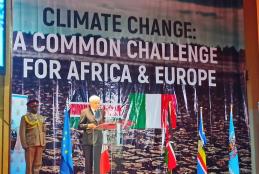Huawei Management Trainee Program Recruitment Drive 2023
Faculty of Science and Technology (Department of Computing and Informatics) invite all the Students and staff to a Huawei Management Trainee Program Recruitment Drive 2023.
Date: Wednesday April 26, 2023


